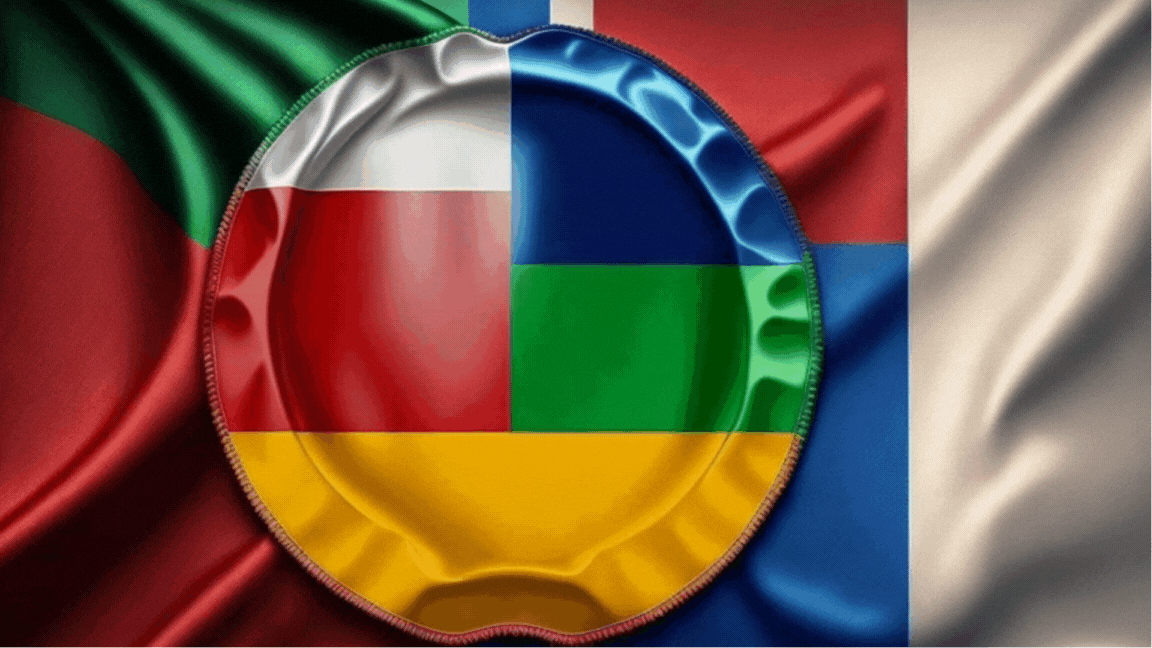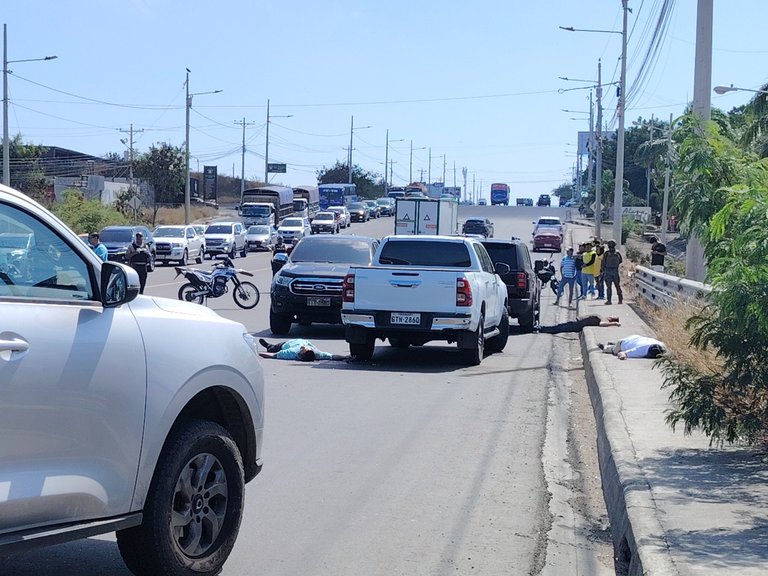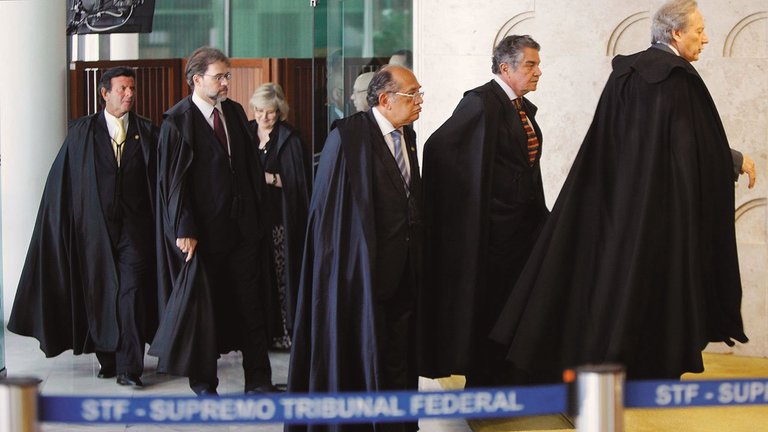The Latin American Report # 544

Ecuador
Approximately 2,000 military personnel have been mobilized by the Ecuadorian Armed Forces to respond to a resurgence of violence in the coastal province of Manabí. Two of the country’s most powerful gangs, "Los Choneros" and "Los Lobos", are engaged in a new conflict there to prove who hits the hardest on the table. Per reports, everything appears to be linked to the capture of José Adolfo Macías Villamar, alias Fito, at the end of last month. He had escaped with impunity in late 2023 or early 2024 from the Penitenciaría del Litoral in Guayaquil—the epicenter of nationwide violence, also a coastal area.
The military mobilization in Manabí follows 15 murders recorded within a 12-hour period in that region. "The presence of the Security Block (comprising the Armed Forces and National Police) is intensifying in conflict zones, road access points, ports, neighborhoods, and commercial areas," reported the Armed Forces Joint Command, adding that the goal is to control weapons, ammunition, and explosives. Manabí remains under a state of emergency after the head of Carondelet declared an "internal armed conflict" last year, which originated in Guayaquil following notice of Fito’s escape.
According to EFE, the stream of killings began with the murder of four high-ranking members of Los Lobos in Manta, gunned down by armed men in military fatigues in a public street. Hours later, five individuals linked to Los Choneros were shot dead at a brothel in Jaramijó—an act apparently retaliated last Thursday with themassacre of six people in Montecristi, another canton of Manabí. The murder of a police officer and a prison guard was reported that same day, along with the gruesome discovery of five bound bodies in an advanced state of decomposition. As I always say, yes, life goes on in Ecuador and across Latin America, but this is also happening—and it’s truly scandalous. Currently, the homicide rate in this South American nation averages over one murder per hour, making it the most violent in all of Latin America.
 Source
SourceBrazil
Brazil’s political landscape remains heated due to internal tensions arising from Jair Bolsonaro’s prosecution after attempting to block Lula’s return to power three years ago, and its repercussions for Brazilian foreign policy—the country faces tariff threats from Donald Trump, closely tied to the Bolsonaro saga. However, this AP wire notes that, in an outcome perhaps unexpected for Washington and even local experts in the South American giant, the U.S. president’s offensive has boosted Lula da Silva’s popularity—which had shown concerning approval ratings—while complicating Bolsonaro’s position before the Supreme Court handling his case.
The former president now faces precautionary measures including an ankle monitor, a 7pm–7am curfew, and a ban on using social media, among others. AP’s São Paulo bureau notes Lula now appears more "energized" at rallies, confidently leveraging nationalist rhetoric that resonates even among typically rival sociopolitical groups in this kind of circumstances. For instance, beyond legislators aligned with Bolsonaro, there is consensus to enact reciprocal tariff legislation if no agreement is reached by August 1. Even a stalled bill to ease tax burdens for Brazil’s poorest has been revived.
"In general, with the major exception of the more radical conservative wing, (Trump´s move) generated national outrage for violating Brazil´s sovereignty," lawmaker Arnaldo Jardim, usually at odds with the current head of the Planalto Palace, told AP. "A sovereign country like Brazil will always know how to defend its democracy and sovereignty," emphasized controversial Supreme Court Justice Alexandre de Moraes, who oversees the cases against Bolsonaro. "The judiciary will not allow any attempt to subject the functioning of the Supreme Court to the scrutiny of another state through hostile acts," he added. De Moraes, in fact, was targeted with new U.S. visa restrictions alongside other officials linked to the case, such as Prosecutor General Paulo Gonet—a measure announced by Foggy Bottom that Lula called "arbitrary" and "baseless."
 Source
SourceVenezuela
In another display of his deal-making ability, Nicolás Maduro freed 80 political prisoners and ten U.S. citizens in exchange for the return of 252 Venezuelans—allegedly linked to the Tren de Aragua—who had been held since March in El Salvador’s notorious maximum-security prison known as the Terrorism Confinement Center (CECOT in Spanish), after a controversial $6 million-worth deal between Bukele and the Trump administration. As always, allegations from MAGA-dominated Washington must be well scrutinized: many detained Venezuelans had no ties to Tren de Aragua in the end and were profiled as criminals based on tattoos and other dubious markers. The Venezuelan government claims only seven had significant criminal records.
Maduro warned the returnees were "rescued from Nayib Bukele’s concentration and torture camps," while shrewdly thanking the Oval Office’s occupant "for rectifying this wholly irregular situation." "Venezuela paid dearly in this exchange, but we had to free them. We handed over convicted terrorists who came to Venezuela and were captured before attempting to assassinate the president, vice president, revolutionary leaders, civilians, and military personnel," added the veteran Chavista leader. In short, the Bolivarian socialists’ narrative frames the deal as "terrorists for innocents." Another group of Venezuelans returned on a deportation flight from the U.S., including children Maduro was presenting as "abducted" after being separated from parents there.
Interior Minister Diosdado Cabello labeled Bukele a "miserable," denouncing torture and abuses against Venezuelan migrants held at CECOT.
#ChavistasYSomosDeVerdad | El infierno quedó atrás. Ante ellos, Venezuela: Patria y cuna de libertadores.@dcabellor #19jul pic.twitter.com/m1fMojB28V
— Con el Mazo Dando (@ConElMazoDando) July 19, 2025
